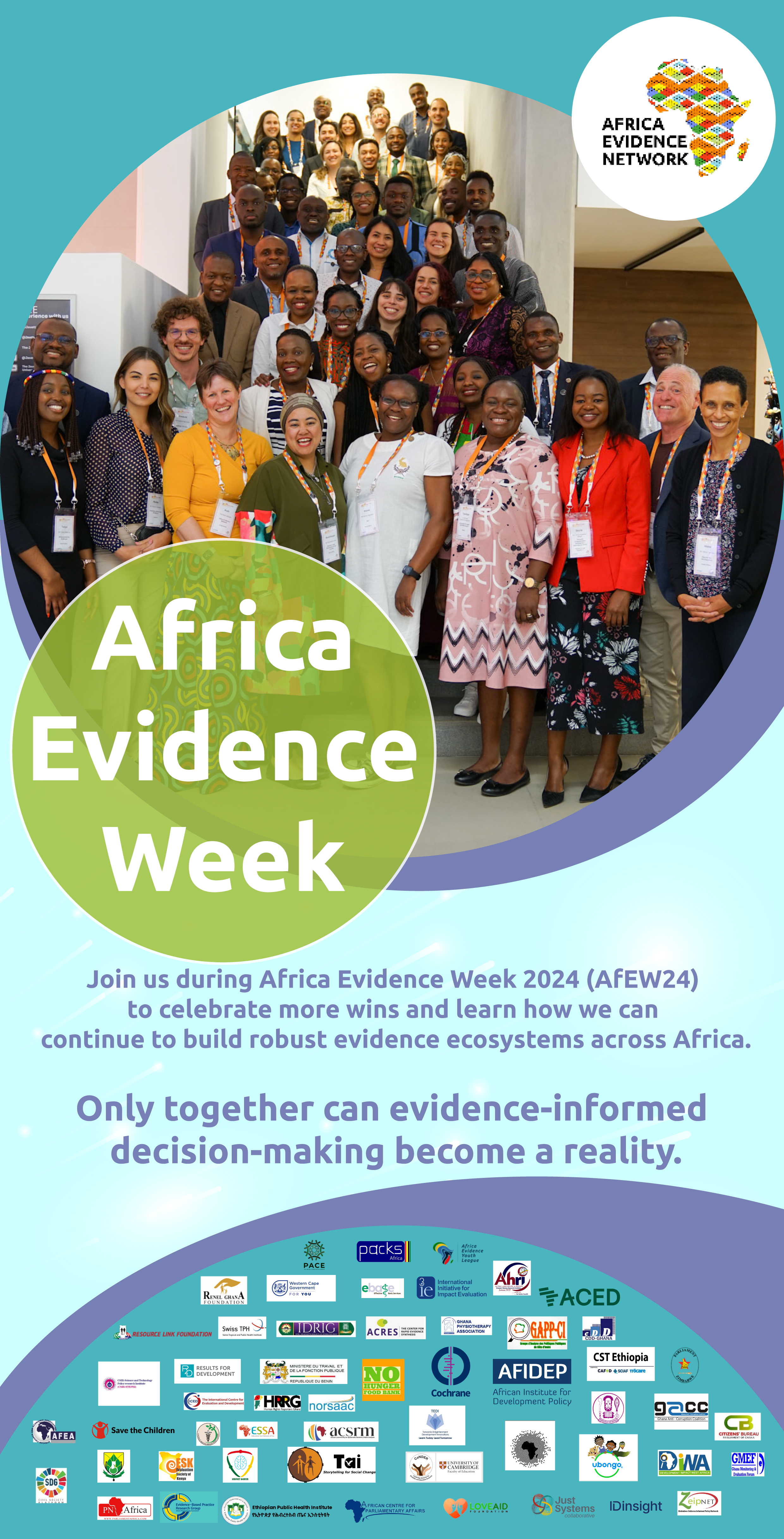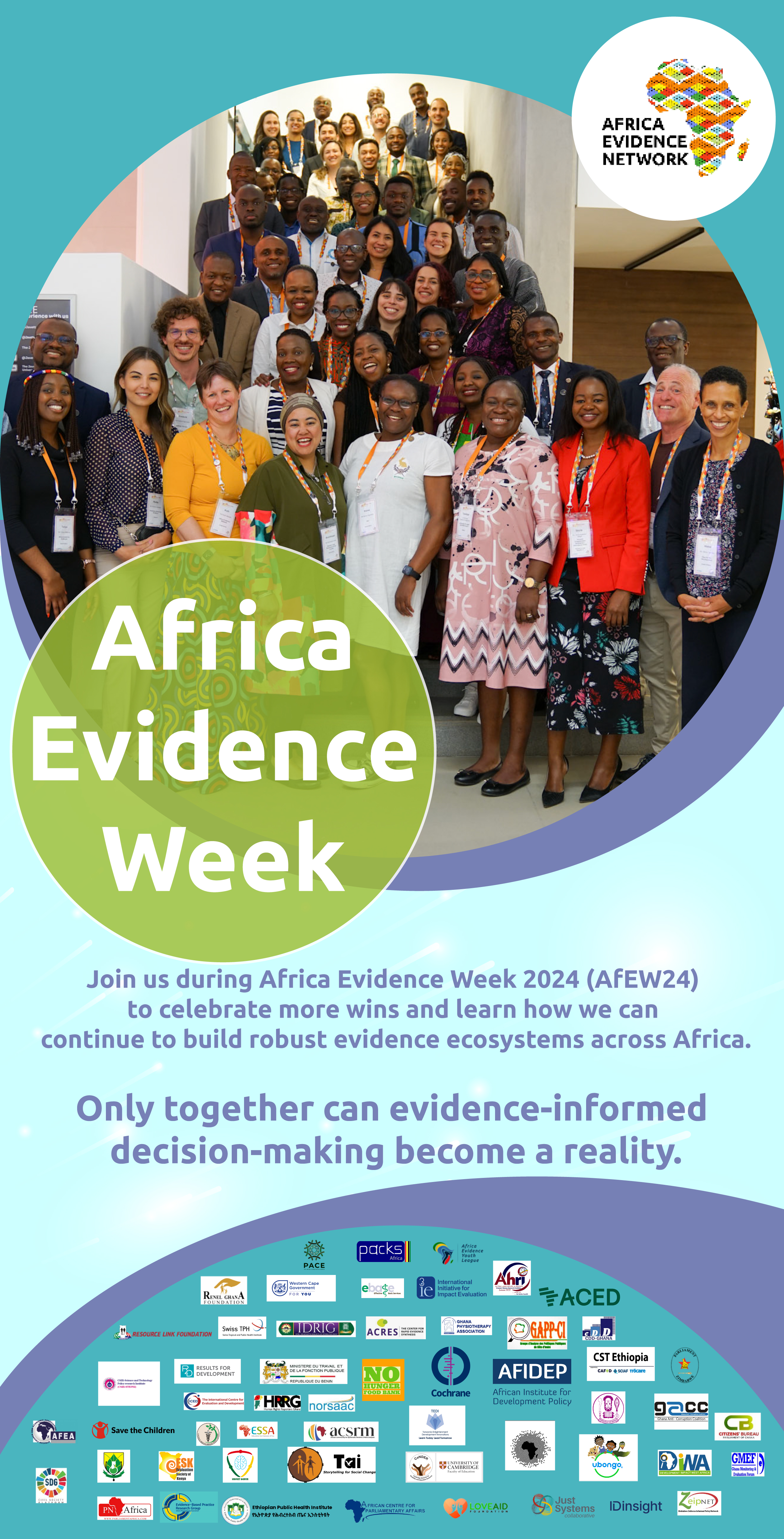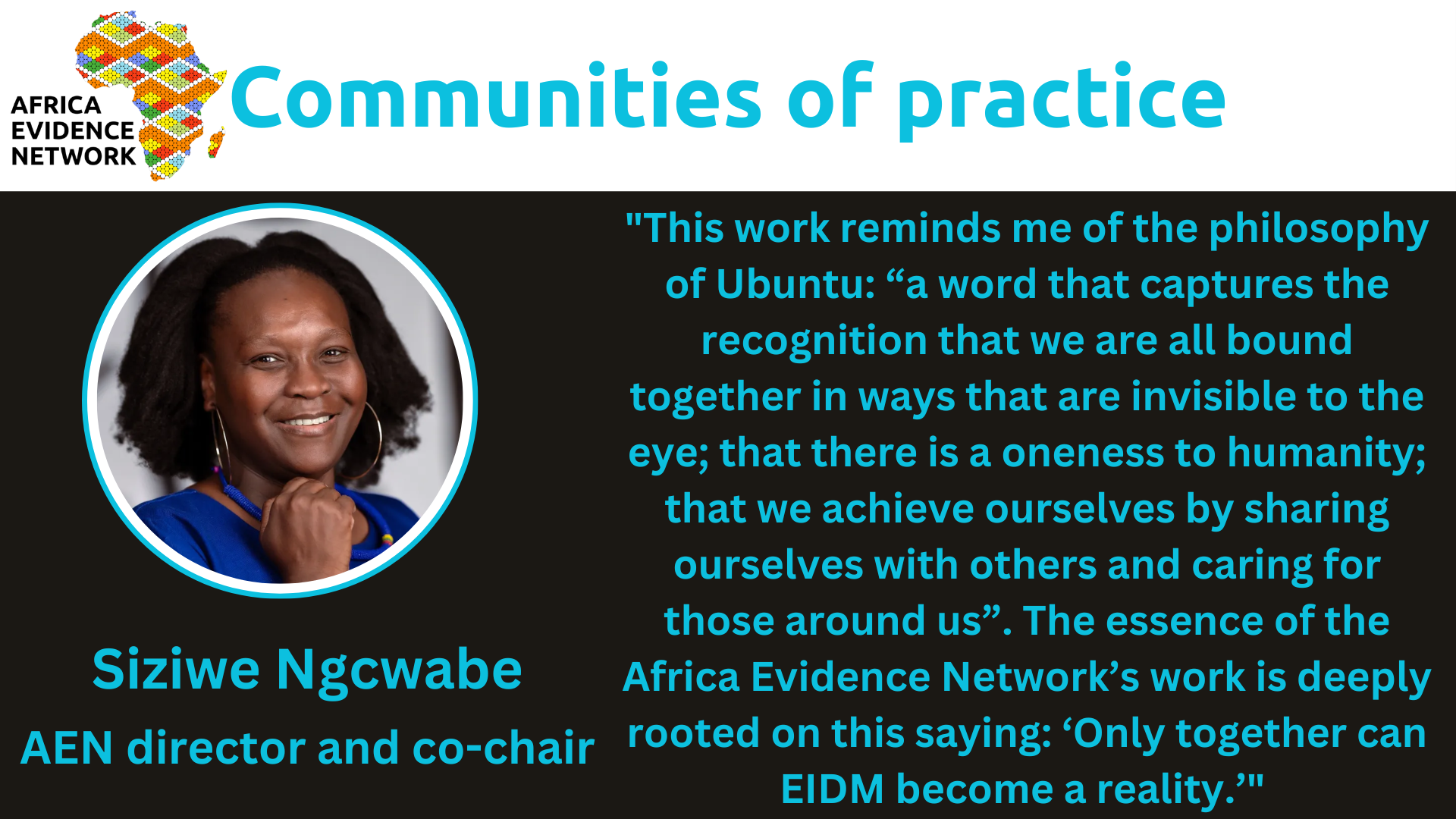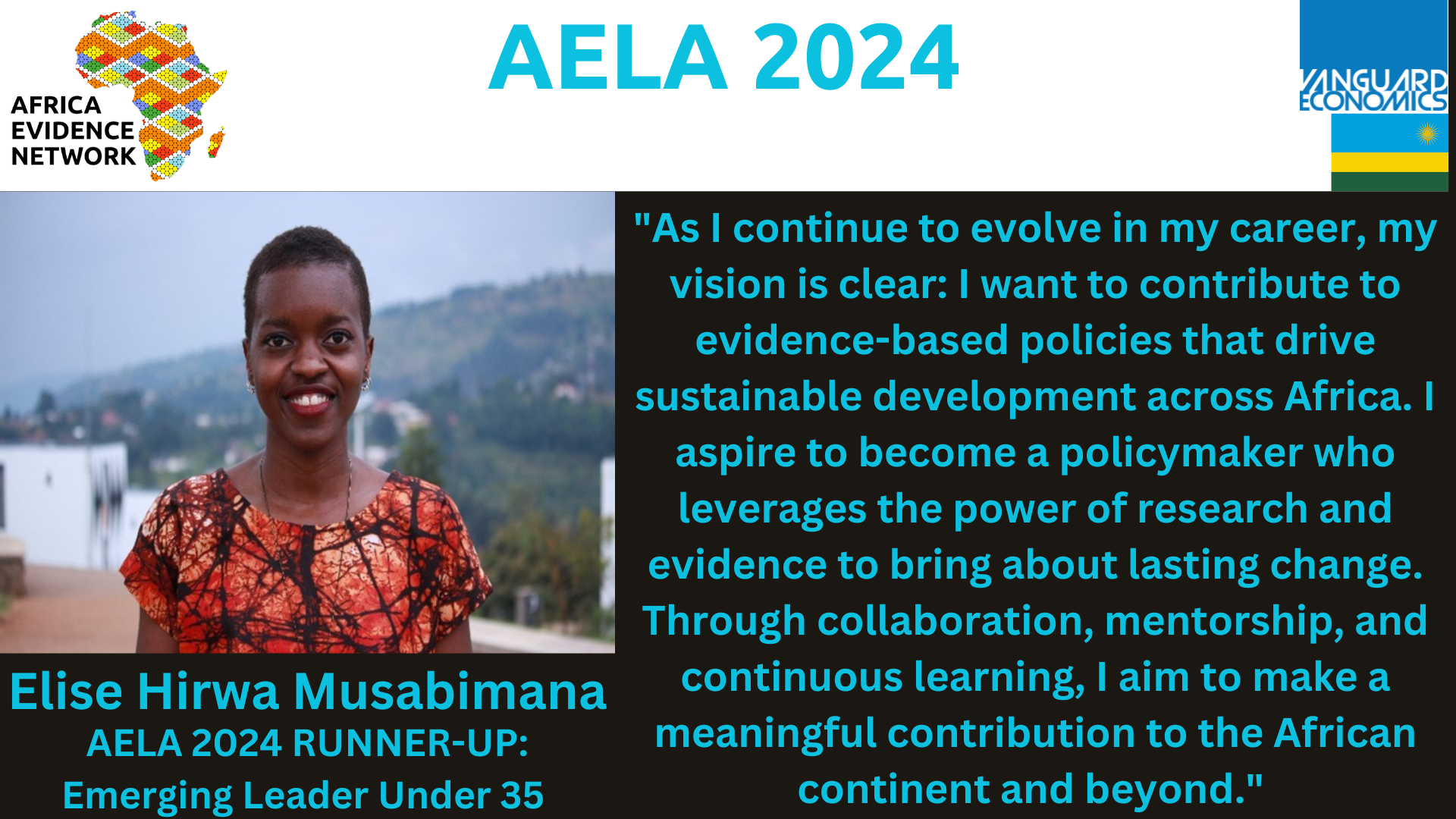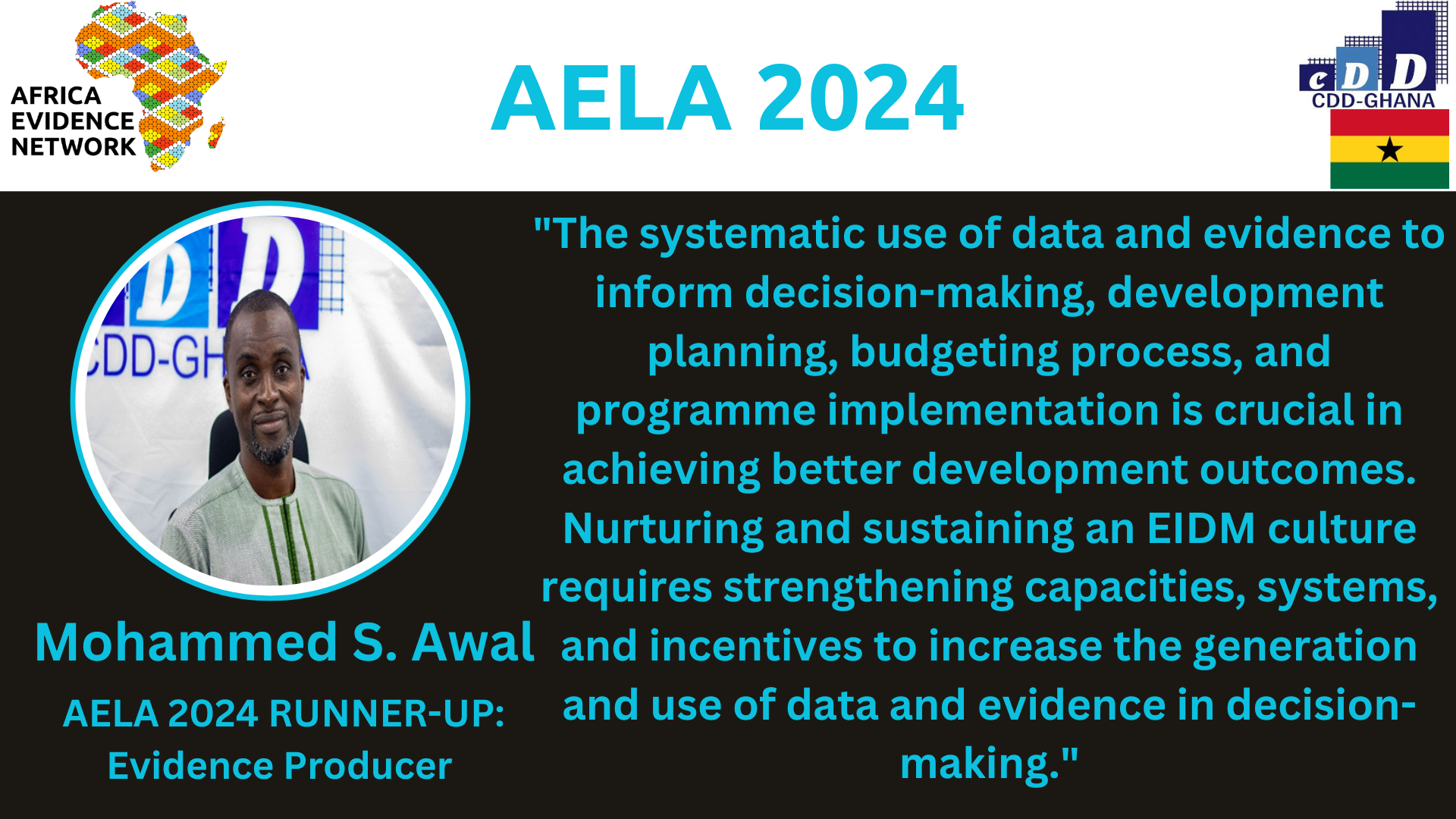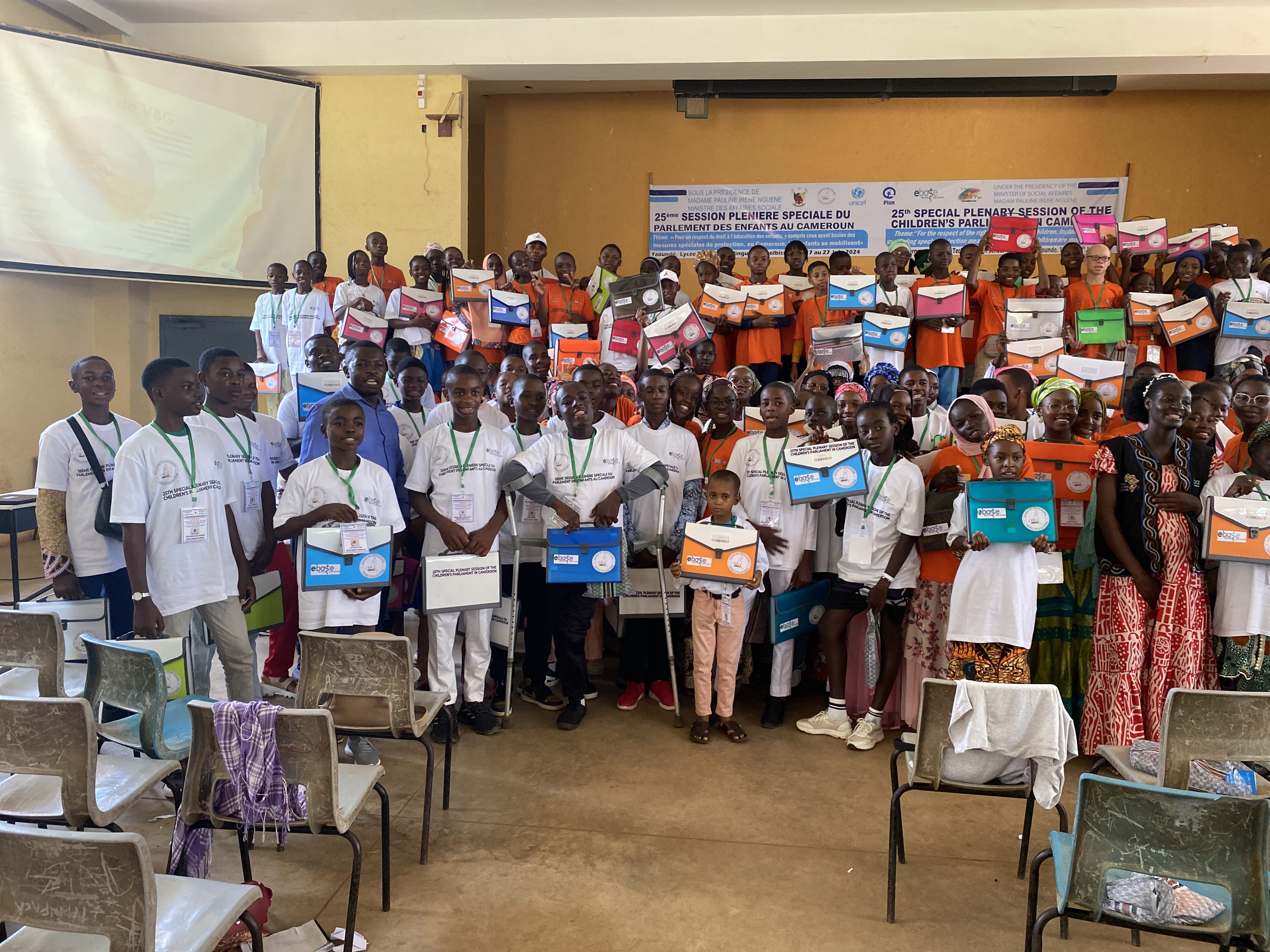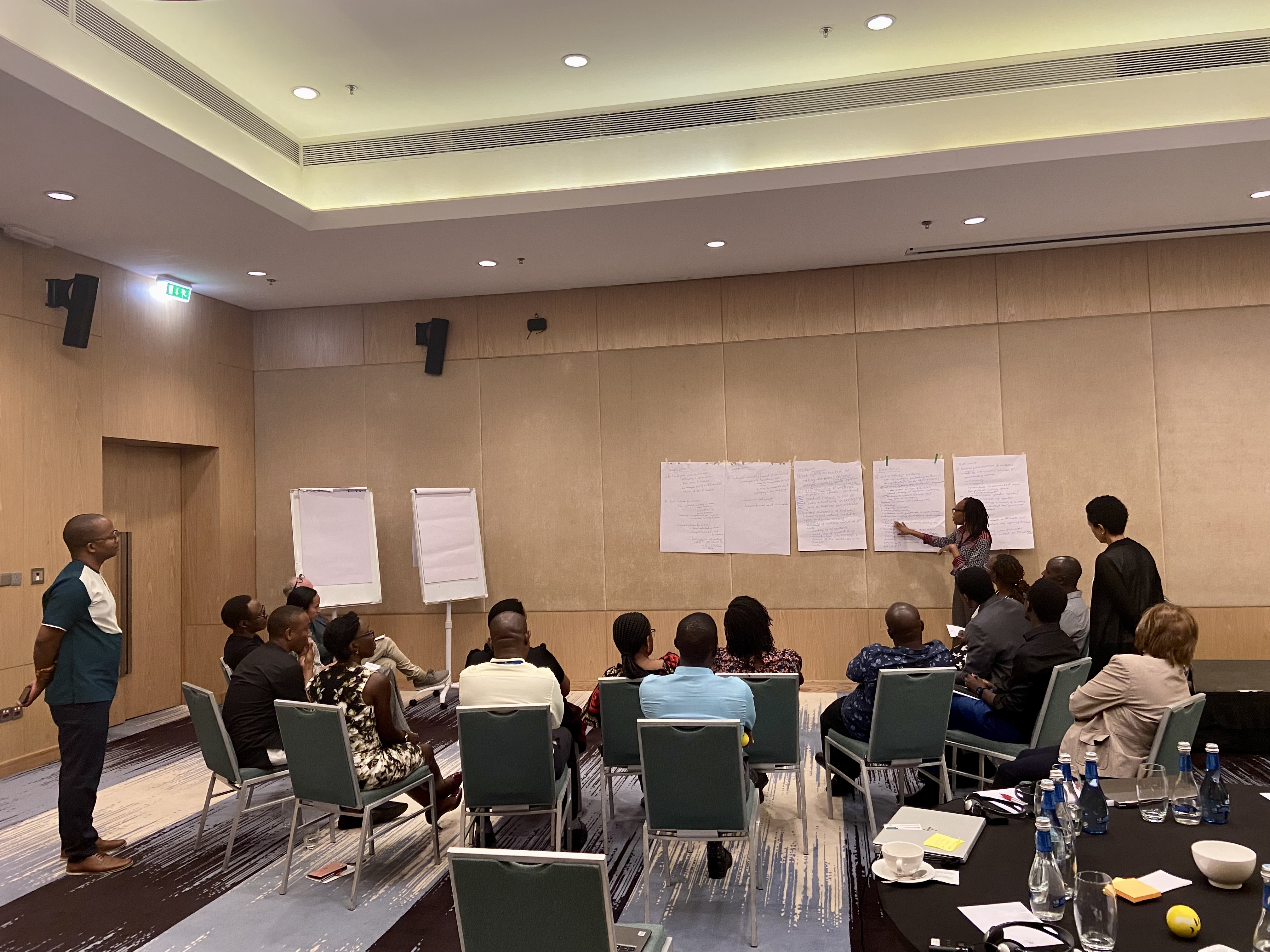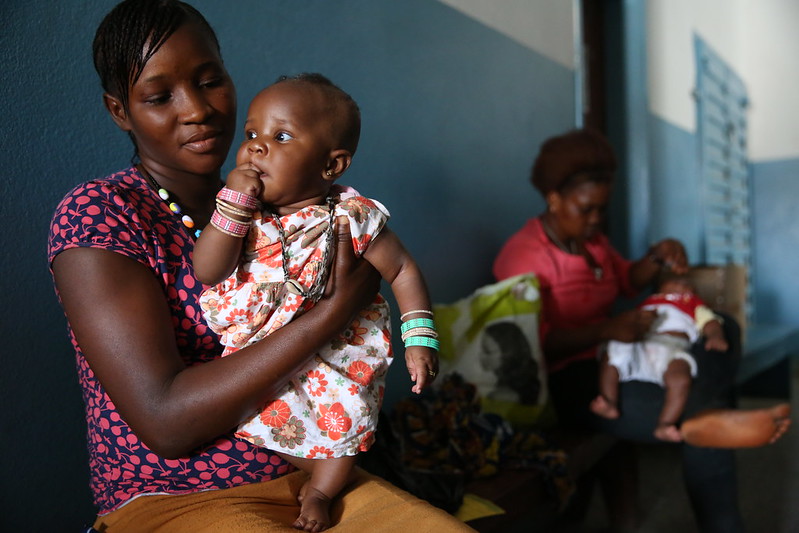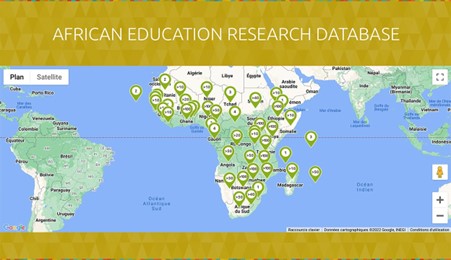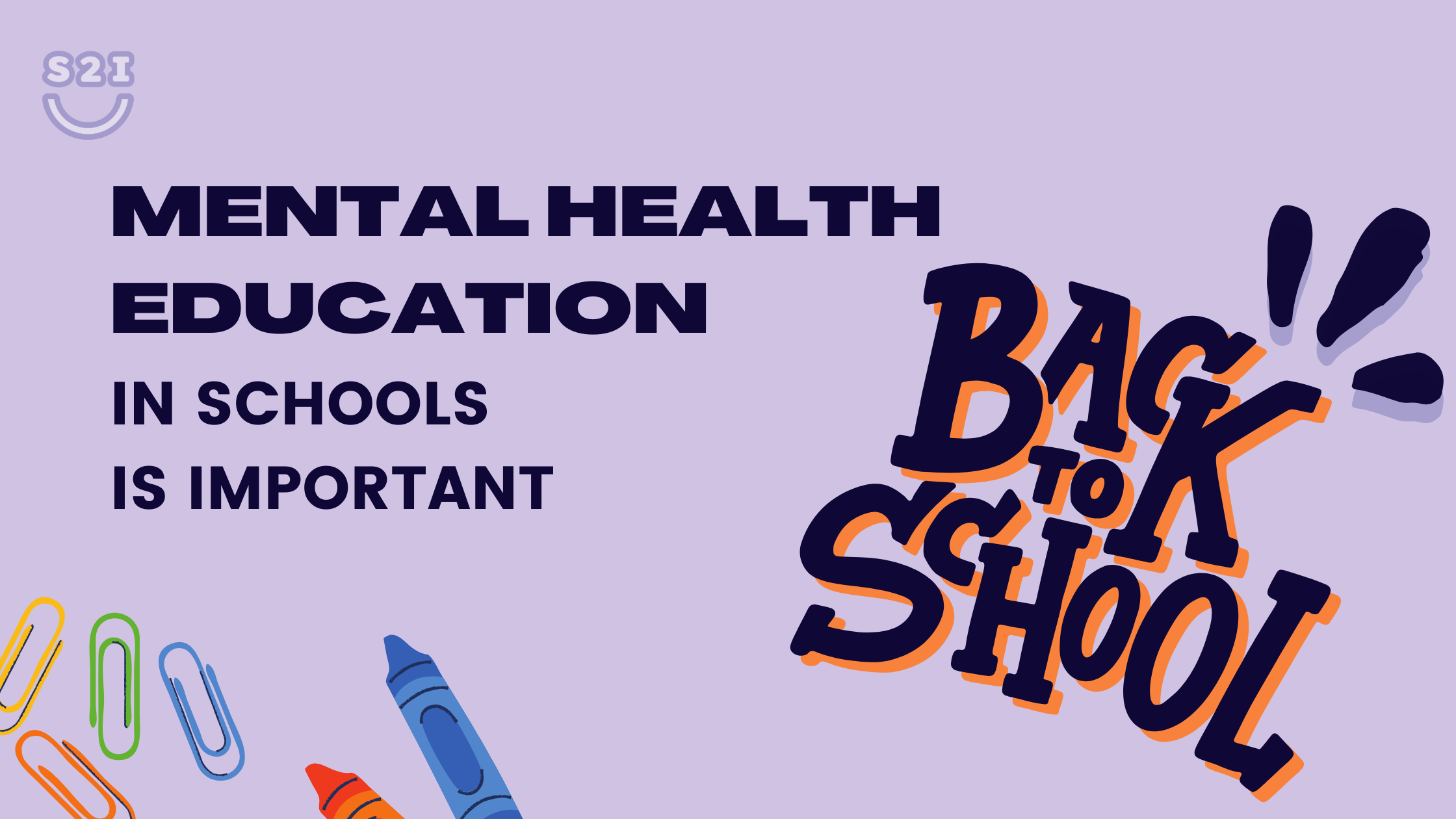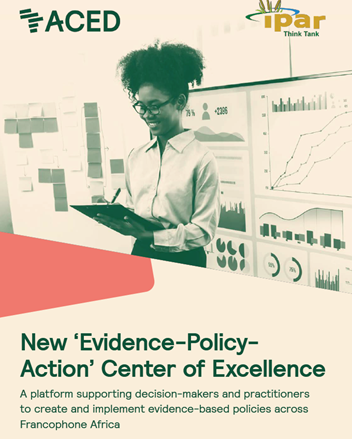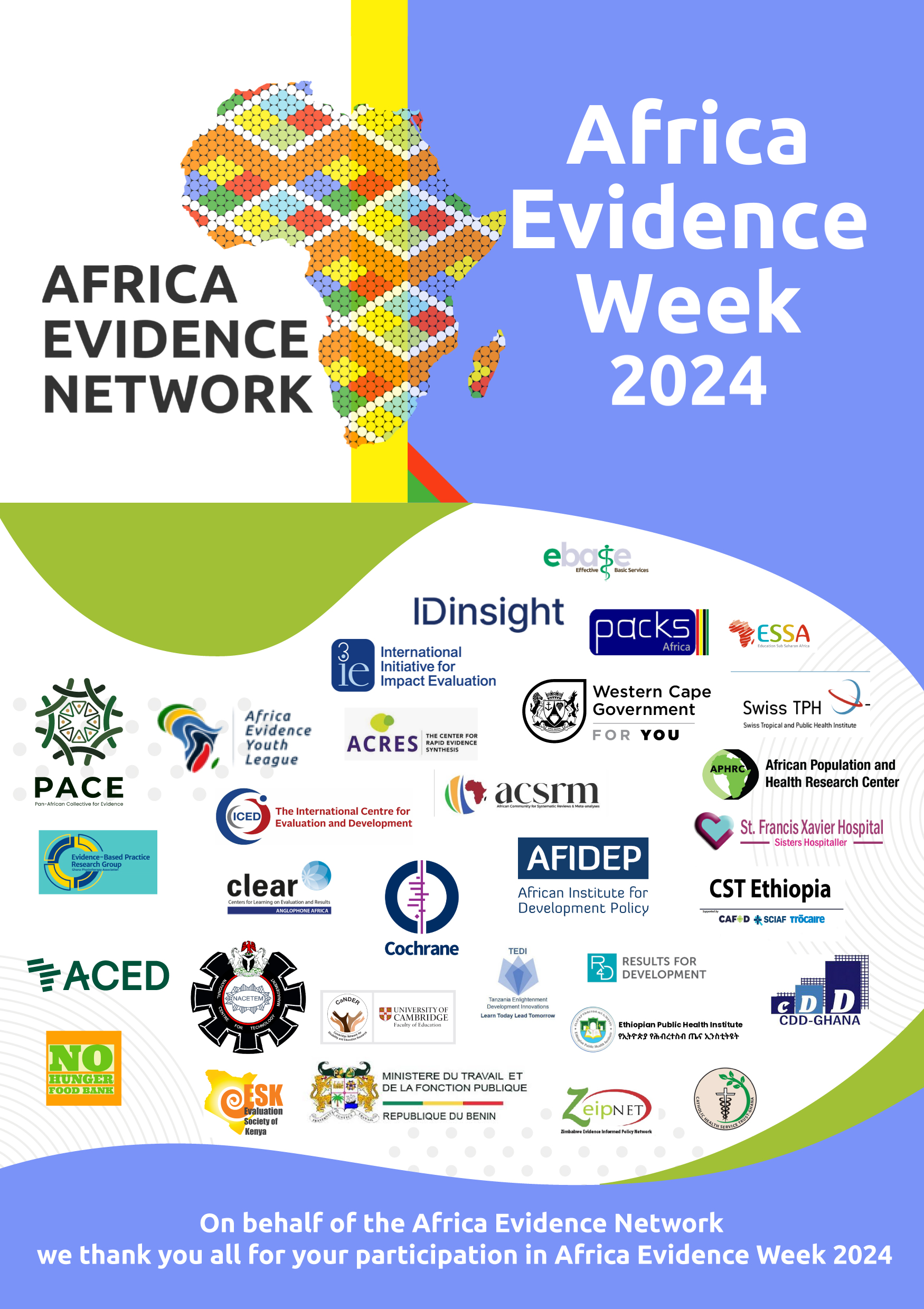
On this last day of Africa Evidence Week 2024, I reflect on the event and the twelve-year celebration of the Africa Evidence Network (AEN). This year’s objective was to showcase and promote the state of evidence-informed decision-making (EIDM) on the continent, specifically highlighting the contribution of young and emerging leaders in African EIDM. This virtual week-long celebration of African EIDM and the decision-makers who made it possible was a fully virtual collection of shared digital content across Africa.
The event was from the 19th to the 23rd of August. The programme for the week consisted of over 100 activities, including blog posts, video content such as interviews or documentaries, Twitter (X) chats, EIDM stories of change, publications such as research reports, toolkits, guidelines, etc, live webinars, live online workshops and prerecorded webinars, arranged by 35 organisations from 16 countries. As with all such AEN events, this week has been an outstanding example of bringing together the community for learning, sharing and relationship-building.
Details of what happened each day are documented in the summary blog posts that were published to keep participants abreast as the event progressed. Remember that "every day is the AEN’s day to promote, showcase EIDM and amplify the voices of emerging leaders across Africa.”
Day 1: Highlights from Africa Evidence Week: Day 1 | Articles | Africa Evidence Network
Day 2: Highlights from Africa Evidence Week: Day 2 | Articles | Africa Evidence Network
Day 3: Highlights from Africa Evidence Week: Day 3 | Articles | Africa Evidence Network
Day 5 started with a blog sharing highlights from Day 4. We had six more blogs sharing insights on various EIDM topics.
- Edwin Byusa, a runner-up of the Africa Evidence Leadership Award 2024 in the Evidence User category offered by the Africa Evidence Network, wrote a blog to reflect on his work. He mentioned that it is crucial to develop EIDM capabilities for everyone so as to have enough evidence to inform our developmental decisions on the continent.
- Esmie Nhlane, a runner-up of the Africa Evidence Leadership Award 2024 in the Evidence Mediator category offered by the Africa Evidence Network reflects on her work. She emphasises the importance of evidence-based monitoring and evaluation which she considers to be a powerful tool for driving sustainable development in Malawi. It serves as the cornerstone for adequate, significant, and long-lasting transformation. Malawi can ensure that the best available evidence directs all development efforts, resulting in a more promising and prosperous future for its population, by maintaining its investment in M&E systems and capabilities.
- Siziwe Ngcwabe shared reflections on attending the 7th annual Evidence to Action Conference co-hosted by the International Centre for Evaluation and Development (ICED). They collaboratively organised with Feed the Future MRR Innovation Lab, and many other partnering institutions launched on the University of Ghana campus. The event was attended by over 400 delegates from 30 countries across the continent and beyond. Walk-through by high dignitaries created visibility for the Africa Evidence Network (AEN) and the Africa Evidence Youth League, an opportunity to engage delegates and our members based in Ghana.
- In this blog post, Ibrahim Bahati highlights the strategies for success with a focus on mental health in African education systems.
- Samuel Asare, Senior Research Manager, Education Sub Saharan Africa (ESSA), and Priscilla Bretuo, Ronald Omuthe, and Basirat Razaq-Shuaib, Doctoral Students at the REAL Centre, Faculty of Education, University of Cambridge wrote a blog which builds on a previous analysis highlighting limited research addressing early years in sub-Saharan Africa and continues to draw attention to the need to prioritise early learning for equitable learning outcomes. The key message of the blog is that there is increasing concern that only a small portion of education research addresses the early years of education where children get opportunities to develop a better foundation for the future.
- In this blog post, Elise Hirwa Musabimana, a runner-up of the Africa Evidence Leadership Award 2024 in the Emerging Leader Under 35 category reflects on her work.
We had one EIDM story of change:
In the heart of Nigeria’s drive towards becoming an innovation-led economy, the years 2021-2022 marked a significant period for the country's scientific and technological landscape. This was the time when the National Science and Technology Innovation (STI) Policy was actively shaped and refined. Engr. Kazeem Abubakar (PhD) played a pivotal role in this transformative journey. As Nigeria looks towards a future driven by innovation and knowledge, the contributions of leaders like Dr Abubakar will remain crucial in realising the country’s potential. This story unfolds his journey, the collaborative efforts involved, and the impact of these initiatives on Nigeria’s future. His leadership and dedication were instrumental in drafting and implementing a comprehensive STI policy aimed at steering Nigeria towards a knowledge-based economy.
We had two Twitter (X) chats:
- EIDM INNOVATION IN AFRICA #21 | The Global Commission on Evidence to Address Societal Challenges | Videos | Africa Evidence Network. The Evidence Commission report released in January 2022, provides recommendations about ways to improve the use of research evidence, both in routine times and in future global crises (see also the executive summary). In January 2023, they released their first annual update (Update 2023), focused on three implementation priorities:
- Formalise and strengthen domestic evidence-support systems,
- Enhance and leverage the global evidence architecture,
- Put evidence at the centre of everyday life.
- Social Media Storm & Closing TikTok video challenge. PACKS Africa hosted digital engagements for the celebration, which took place typically via X (formerly Twitter), Facebook and TikTok. As part of the #AfricaEvidenceWeek2024 celebrations, they engage with participants virtually through social media storms, typically via X (formerly Twitter), Facebook, and TikTok. This is to allow interested audiences to participate in the celebration digitally. It was an opportunity to have fun and learn as well as connect and collaborate with other individuals in the EIDM ecosystem. They celebrated diversity in evidence, built a collaborative future, and celebrated the young and emerging leaders by putting the youth in the forefront.
We showcased six videos:
- In this video, you’ll hear from Dejene Fikre (DCD and head of programs) and Mestawot Ketema (Market system development Advisor about adaptive management for the change in community life. CST Ethiopia.
- We hope you enjoyed watching these #EIDMInnovations in Africa. They are a testimony to the vibrancy, diversity, and resilience of the evidence ecosystem on the continent. Be on the lookout for a more in-depth exploration of these innovations as part of the Africa Evidence Network and the Africa Evidence Youth League (AEYL). Let us know if you are aware of other #EIDMInnovations that we have missed, and we’d love to share these too!
- The International Centre for Evaluation and Development (ICED) highlighted the youth involvement in E2A. They showed what it looks like when you bring youth into the relevant conversations and experiences taking place. Their emphasis was on the importance/value of youth participation and leadership in such spaces and the intergenerational conversation for greater impact.
- In this video, you will hear from Ronald Munatsi, Director of the Zimbabwe Evidence Informed Policy Network (ZeipNET), Alex Msumba, Director of Research at the Parliament of Zimbabwe, Blessing Mhlanga, the Manager, of the Informatics Database at the Parliament of Zimbabwe and Better Sibanda, Deputy Director, Budget Office at the Parliament of Zimbabwe talking about innovation in data cleaning, analysis and visualisation to enhance evidence-informed decision-making (EIDM) in Parliaments.
A training session on data cleansing, analysis, and visualisation is being held by ZeipNET for the research and budget office departments of the Zimbabwean Parliament. Using a variety of tools, including artificial intelligence, the training involved automating data processing, statistical inference and hypothesis testing, questionnaire design, data cleaning, analysis, and visualisation. - The video shares the captivating and beautifully narrated spoken word poem about the 2 years journey of the Evidence-based Practice Research Group of the Ghana Physiotherapy Association. This poem was narrated during the 2nd-anniversary celebratory event of the EBP Research Group on 3rd July 2024. The core message is the importance of promoting evidence-based practice in physiotherapy, one of the core rehabilitation professions in health care.
- The director and co-chair of the AEN, Siziwe Ngcwabe, officially closed the Africa Evidence Week 2024 with these two African proverbs that remind her of the importance of togetherness and building meaningful relationships. "A child who is not embraced by the village will burn it down to feel its warmth." secondly “If you want to go fast, go alone. If you want to go far, go together. She thanked everyone who contributed to the success of the event and made a plea for us to remember that "Every day is the AEN’s day to promote, showcase EIDM and amplify the voices of emerging leaders across Africa.
We shared three publications:
- We enjoyed reading this publication from the Ministry of Labor and Public Service (MTFP), which is an evaluation in Benin focusing on the role of governments in ensuring that the relevant and consistent evidence is taken into account in annual work plans (AWPs).
- We had another publication which looked at how to take into account and finance the evaluation in Benin.
- This article is about the design and impact of an apprenticeship-based entrepreneurship intervention in Nigeria. This project is implemented as a partnership between the Centre for Gender and Social Policy Studies (CGSPS) and the National Centre for Technology Management (NACETEM). The focus is on how to stimulate and sustain private economic activity in the form of new businesses among young persons in Africa's most populous country – Nigeria.
We had one online live event which was hosted by the African Community for Systematic Reviews and Meta-analysis (ACSRM) on communication and translation of evidence synthesis findings. The hands-on workshop was interactive, and it was designed to provide practical strategies for improving the impact of research through effective dissemination.
Though this is the end of this event - Africa Evidence Week 2024 - we will carry on with the conversations as we look forward to the other upcoming events leading up to Evidence 2025. Since the Africa Evidence Week is a biennial event, we look forward to seeing you again in 2026, when we shall reconvene to discuss another topical theme to promote EIDM in Africa.
About the author: Siziwe Ngcwabe is the Director and Co-chair of the Africa Evidence Network. She is a South African inspirational trailblazing social entrepreneur, motivational speaker, personal change catalyst, and academic. She was born in Qitsi village, Cofimvaba, Eastern Cape, and raised in East Driefontein mine in Carletonville. She holds a Bachelor’s degree in social work with honours from the Walter Sisulu University (UNITRA), a Postgraduate Diploma in Business Management (PGDBM) from MANCOSA, a Master’s degree in Public Management-MPM and Masters of Business Administration-MBA from Regenesys Business School. She worked at several organisations across different sectors in South Africa. Siziwe Ngcwabe is currently the Director and Co-chair of the Africa Evidence Network. She approaches the challenge of working in various environments with dedication and diligence. She believes with her willingness to continuously face new challenges, her intellectual curiosity, and her academic and 24 years of experience, she aims to continuously support connections and collaborations for meaningful African and global impact through evidence networks by promoting evidence production, use, mediation for useful change. She is also committed to building innovative collaborative solutions.
Acknowledgements: The author(s) is solely responsible for the content of this article, including all errors or omissions; acknowledgements do not imply endorsement of the content. The author is grateful to Charity Chisoro for her guidance in preparing and finalising this article, as well as her editorial support.
Disclaimer: The views expressed in published blog posts, as well as any errors or omissions, are the sole responsibility of the author/s and do not represent the views of the Africa Evidence Network, its secretariat, advisory or reference groups, or its funders; nor does it imply endorsement by the afore-mentioned parties.
